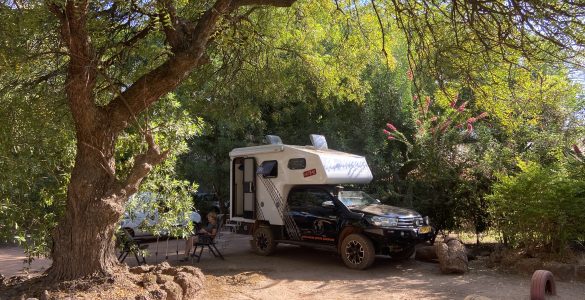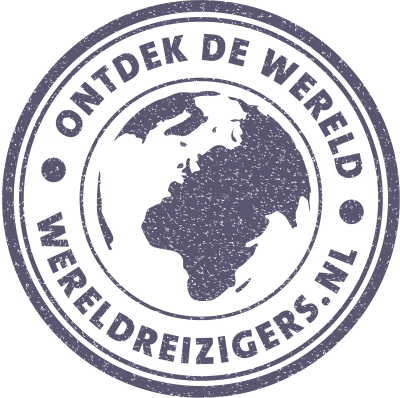We (Cor and Grietje from NoFear Reizen) travel through Africa with our Toyota Hilux 4×4 camper. The African continent is the mecca for 'overlanding' with many challenging routes and beautiful...
Guinea Bissau
Background
For much of its history, Guinea-Bissau was under the control of the Mali Empire and the Kaabu Kingdom. In the 16th century, Portugal began establishing trading posts along the Guinea-Bissau coastline. Initially, the Portuguese were confined to the coastline and islands. However, the slave and gold trade were lucrative for local African leaders, and the Portuguese were slowly able to expand their power and influence inland. From the 18th century, the Mali Empire and the Kaabu Kingdom slowly disintegrated into smaller local entities. By the 19th century, Portugal had fully incorporated Guinea-Bissau into its empire.
Guinea-Bissau has experienced significant political and military unrest since independence in 1974. In 1980, a military coup established General Joao Bernardo 'Nino' VIEIRA as president. The VIEIRA regime suppressed political opposition and purged political rivals. Several coup attempts in the 1999s and early 2000s failed to overthrow him. In May 2003, a military mutiny and civil war led to VIEIRA's ouster. In February 2005, a transitional government handed over power to opposition leader Kumba YALA. In September 2009, a bloodless military coup overthrew YALA and installed businessman Henrique ROSA as interim president. In 2009, former president VIEIRA was re-elected, pledging to pursue economic development and national reconciliation; he was killed in March 2012. In June 2012, Malam Bacai SANHA was elected president, but he died in January 2014 from a long illness. In April 2019, a military coup prevented the second round of the presidential election. After mediation by the Economic Community of West African States, a transitional civilian government took power. In 2019, Jose Mario VAZ was elected president after free and fair elections. In June 2020, VAZ became the first president in Guinea-Bissau's history to complete a full presidential term. Umaro Sissoco EMBALO was elected president in December XNUMX but did not take office until February XNUMX due to a long standing challenge to the election results.
ethnic groups
Balanta 30%, Fulani 30%, Manjaco 14%, Mandinga 13%, Papel 7%, unspecified minor ethnic groups 6% (2015 est.)
Languages
Portuguese based Creole, Portuguese (official; largely used as a second or third language), Pular (a Fula language), Mandingo
Religions
Muslim 46,1%, folk religions 30,6%, Christian 18,9%, other or unaffiliated 4,4% (2020 est.)
demographic profile
Guinea-Bissau's young and growing population is supported by high fertility; about 60% of the population is under 25 years old. The large reproductive age of the population and the total fertility rate of more than 4 children per woman offsets the country's high infant and maternal mortality rates. The latter is among the highest in the world due to the prevalence of early pregnancies, a lack of birth spacing, the high rate of births outside health care facilities, and a shortage of medicines and supplies.
Guinea-Bissau's history of political instability, civil war and several coups d'état (the latest in 2012) has resulted in a fragile state with a weak economy, high unemployment, rampant corruption, widespread poverty and thriving drug and child trafficking. Due to the country's lack of educational infrastructure, school funding and equipment, and qualified teachers, and with the cultural emphasis placed on religious education, parents often send boys to study in residential Quranic schools (daaras) in Senegal and The Gambia. They are often extremely disadvantaged and are forced into street begging or agricultural work by marabouts (Muslim religious teachers), who enrich themselves at the expense of the children. Boys who abandon their marabouts often end up on the streets of Dakar or other major Senegalese cities and are vulnerable to even worse abuse.
Some young men who are uneducated and unemployed become involved in the thriving international drug trade. Local drug use and associated violent crime are on the rise.



